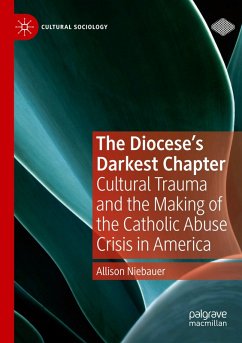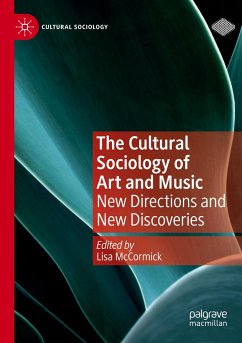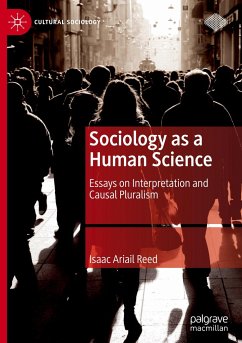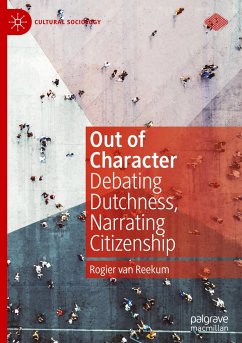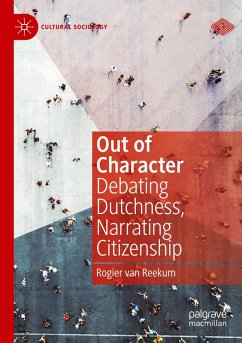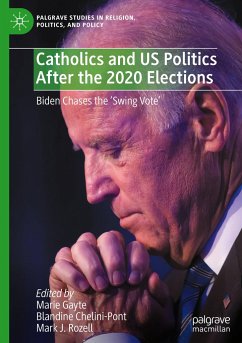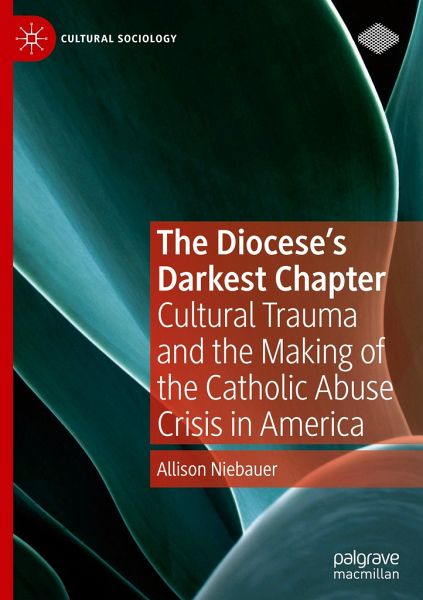
The Diocese's Darkest Chapter
Cultural Trauma and the Making of the Catholic Abuse Crisis in America
Versandkostenfrei!
Versandfertig in 6-10 Tagen
91,99 €
inkl. MwSt.
Weitere Ausgaben:

PAYBACK Punkte
46 °P sammeln!
From its quiet inception in 1988, to a hailstorm of statewide and national controversy over thirty years later, this book follows the development of public discourse regarding a clergy sexual abuse scandal in a small Catholic Diocese in Central Pennsylvania. Weaving together the evolving local and national narratives, it offers a striking account of how stakeholder rhetoric has influenced public perception of the Catholic abuse crisis in America, and driven public actions. While the book enriches our local knowledge of the tragic--and ongoing--cultural trauma triggered by the revelation of cle...
From its quiet inception in 1988, to a hailstorm of statewide and national controversy over thirty years later, this book follows the development of public discourse regarding a clergy sexual abuse scandal in a small Catholic Diocese in Central Pennsylvania. Weaving together the evolving local and national narratives, it offers a striking account of how stakeholder rhetoric has influenced public perception of the Catholic abuse crisis in America, and driven public actions. While the book enriches our local knowledge of the tragic--and ongoing--cultural trauma triggered by the revelation of clergy perpetrated abuse in a small Catholic Diocese, it also makes a critical theoretical contribution to our understanding of the role of rhetoric in publicizing private pain, and galvanizing collectives to take it on as their own. The process of cultural trauma, Niebauer contends, unfolds through rhetorical forms that provide individuals with a constraining and enabling set of rhetorical choices. Highlighting the recurrent rhetorical forms of narration, kategoria, apologia, and topoi, The Diocese's Darkest Chapter brings a new vocabulary and explanatory force to the study of cultural trauma, and the Catholic abuse crisis in America.



